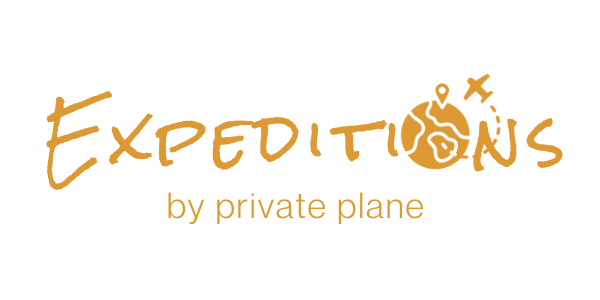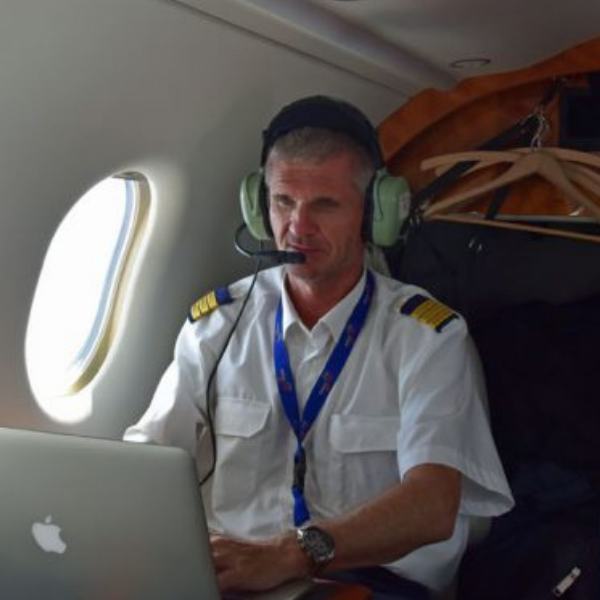Ivory Coast 🇨🇮
Transafrica 2018 STOP 13
May 18, 2018
Accra – Abidjan
Flight distance: 241 nm
Hours in the air: 1.15
France African Style
What a name for a country which generated expectations – needless to say that they were not met. While the level of infrastructure might be higher than in other West African countries, there is not much shine if you scratch behind the surface of these modern looking buildings; plus poor neighbourhoods and slums are abundant.
Our hotel looked like it was dropped from the sky forming an island in the small trading and shopping part of the city. It is hot and humid so we decided to just hang out in the afternoon and then actually managed to find a really good restaurant for dinner, although we had to eat by ourselves. Since we had the next day off we gave the highly touted nightlife of Abidjan a try but that resulted in a unfulfilled mission as well!
The 2nd day we decided to check out the various parts of the city including the commercial and banking center “on the plateau”. Unfortunately there is not much to be seen there and everything is over promised. Even apparently the nicest beach towns don’t rock you off the boat and one might wonder why the former colonial capital Grand Bassam became an UNESO World Heritage Site, everything is run down. At least the beaches are nice and the locals seem to have a good time on this Saturday afternoon.
Facts & figures
Côte d’Ivoire (also known as Ivory Coast), a tropical country in southern West Africa on the Gulf of Guinea (North Atlantic Ocean), bordered in north by Mali and Burkina Faso, in west by Liberia and Guinea, and in east by Ghana. Ivory Coast covers an area of 322,463 km², compared it is slightly smaller than Poland.
Côte d’Ivoire has a population of 22.7 million inhabitants (in 2015). Capital city is Yamoussoukro. Largest city and the defacto capital is Abidjan. Spoken languages are French (official); and languages of five principal language groups, the Diula (Dioula), Baule (Baoulé), Dan, Anyin and Senari. About 40% of the population are Muslims, 34% are Christians, and 25% practice traditional (animist) religions.
Prior to its colonization by Europeans, Ivory Coast was home to several states, including Gyaaman, the Kong Empire, and Baoulé. Two Anyi kingdoms, Indénié and Sanwi, attempted to retain their separate identity through the French colonial period and after independence. Ivory Coast became a protectorate of France in 1843–1844 and later a French colony in 1893 amid the European scramble for Africa.
Ivory Coast achieved independence in 1960, led by Félix Houphouët-Boigny, who ruled the country until 1993. The country maintained close political and economic association with its West African neighbors while at the same time maintaining close ties to the West, especially France.
Since the end of Houphouët-Boigny’s rule in 1993, Ivory Coast has experienced a coup d’état, in 1999, and two religion-grounded civil wars. The first took place between 2002 and 2007 and the second during 2010–2011. In 2000, the country adopted a new constitution.
Source: wikipedia.org / nationsonline.org

